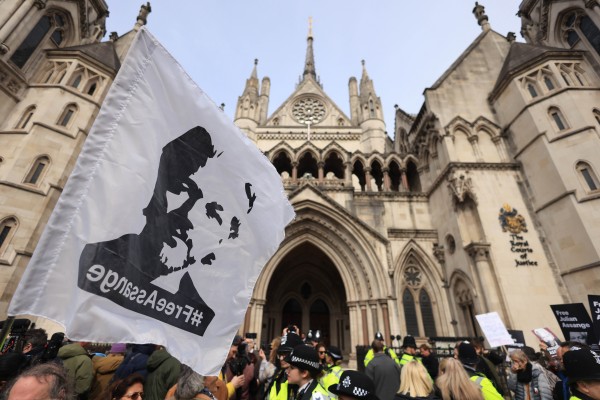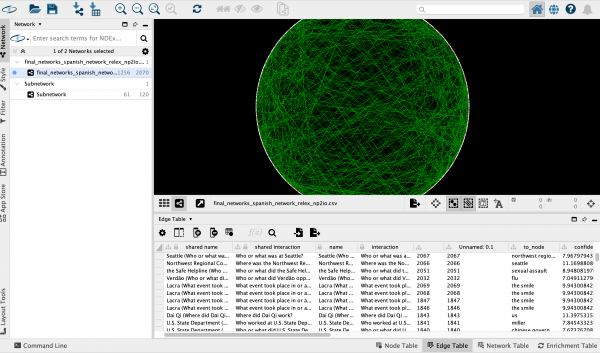A Colombian provincial court this week upheld the defamation conviction of a journalist sentenced last October to more than a year and a half in prison.
Luis Agustín González, editor of the Cundinamarca Democrática, had been found guilty on charges of injuria (criminal insult) and libel after publishing an article critical of a former governor and senator. A municipal judge had ordered him to spend 20 months in prison and to pay a fine equivalent to 20 “minimum salaries,” or approximately US $5,500.
On Tuesday, the Superior Court of Cundinamarca overturned the libel conviction but upheld the defamation verdict. The Court also slightly modified the sentence, lowering the prison term to 18 months and 18 days and the fine to 17 minimum salaries, Colombian media reported.
According to the Colombian Foundation for Press Freedom (FLIP), the Court determined that while González had not accused the politician, Leonor Serrano de Camargo, of a specific crime, he had nevertheless “wounded her moral integrity”.
Nora Sanín, president of the Colombian Newspaper Association said Wednesday’s decision “almost turns having an opinion into a crime”.
“While the whole continent is talking of the verdict against the El Universo journalists in Ecuador, worse things are happening here and we don’t even realise it,” González said after the verdict, according to media reports. “The rights of humble citizens like myself are being trampled.”
President Rafael Correa of Ecuador on Monday granted pardons in two high-profile libel cases, as the International Press Institute (IPI) reported. In one of those, the newspaper El Universo had been fined $40 million and its three directors and a columnist sentenced to three years in prison each over a column critical of the leftist leader.
IPI Press Freedom Manager Anthony Mills called the case against González “yet another example of criminal defamation laws being abused by politicians in Latin America in order to silence critical media.”
Mills added, “While we welcome the Court’s decision to throw out the libel charges against Mr. González, its refusal to overturn his defamation conviction constitutes a severe blow to press freedom in Colombia. Journalists should have the right to scrutinise and criticise public figures.”
The case against González stemmed from a 2008 column, “No Mas!” (No More!), in which he had derided Camargo, who was at the time running for Senate in the 2010 elections. Camargo had previously served in the Senate from 2002 to 2006.
González in the article called Camargo a “political intriguer” who had ruled the province through “arrogance” and “despotism”. He accused the former governor of mismanaging public funds (in one instance, brought about by what he called a “demented and irresponsible fit” over political opponents) and, more seriously, raised the spectre of a series of disappearances that had occurred in the town of Fusagasuga in 1989 while Camargo was mayor there.
“It is time,” González wrote, “to put an end to this class of village chiefs who believe that Fusagasuga is a private lot that can be governed according to their whim, regardless of the collective interests of the community.”
Camargo, who went on to lose in the 2010 senatorial elections, sued González in response to the column, claiming the journalist had offended her honour and good name.
González said after the Superior Court’s ruling that he would not be able to afford the prescribed fine and that he would appeal the case to Colombia’s Supreme Court.
In a recent report, FLIP expressed concern over the state of press freedom in regional Colombia, noting that the “sense of fear among local media is evident.” The report found that local journalists continue to decline to cover illegal mining, drug trafficking, and political corruption for fear of violent retaliation.
An IPI special investigation last month found that regional journalists are disproportionately bearing the brunt of Latin America’s growing press freedom crisis.


